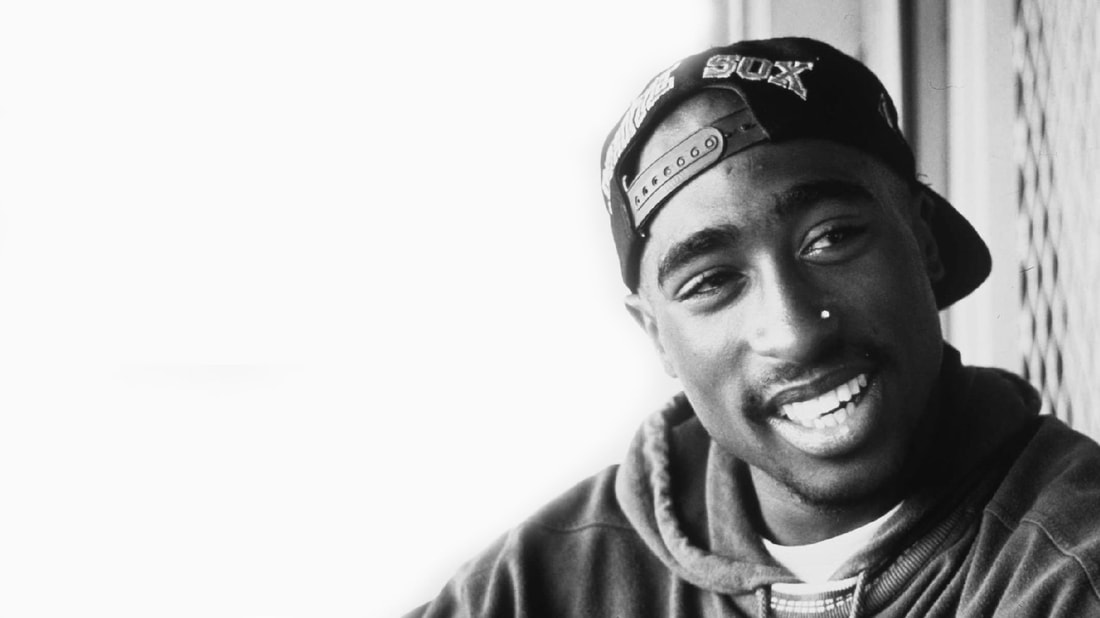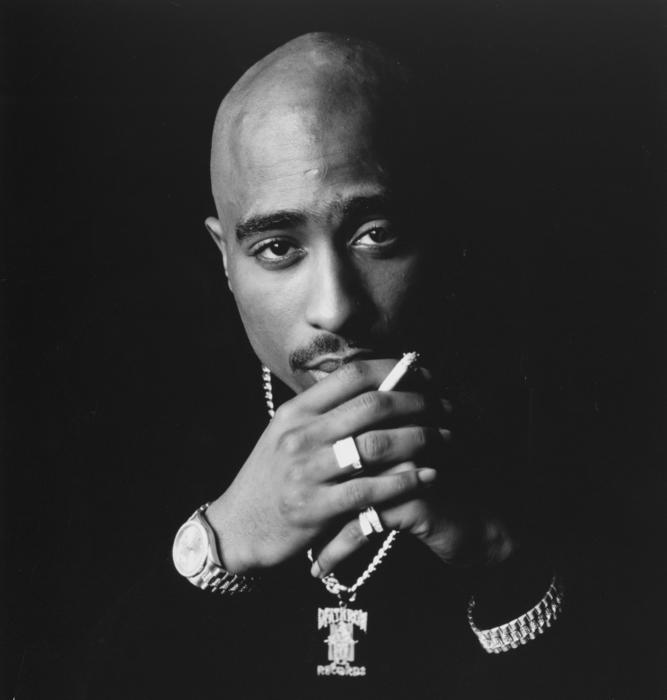“There should be a class on sex education, a real sex-education class.
There should be a class on police brutality. There should be a class on apartheid. There should be a class
on why people are hungry. But there are not. There are classes on gym. Physical education. Let's learn volleyball.”
-Shakur, Age 17
About Amaru Univeristy
Amaru University, posthumously named after Tupac Amaru Shakur was founded in 2017 by Philly native, Desiree Robinson. In 1988, Tupac Shakur was interviewed at the young age of 17. During this interview, he was asked about his view on education in which Shakur stated the following :
" Well…I hope that I don’t get in trouble, but um. School is, I think that we got so caught up in school being a tradition that we stopped using it as a learning tool, which it should be. Up to this day. I mean school should be, I think there should be a different curriculum in each and every like neighborhood you know. Because I’m going to Tamalpais High and I’m learning about the basics, but they’re not basic for me, you know. They’re not, to get us ready for today’s world. They’re not, that’s not helping. It’s just what they took, so that’s what we’re gonna take. So that’s why the streets have taught me. And um.
But school is really important. Reading, writing, arithmetic. But I think after you learn reading, writing, arithmetic, that’s it. But what they tend to is teach you reading, writing, and arithmetic then teach you reading, writing, and arithmetic again then again then again, just make it harder and harder, just to keep you busy. And that’s where I think they messed up. There should be a class on drugs. There should be a class on sex education, a real sex education class. Not just pictures and diaphragms and unlogical terms and things like that. There should be a drug class, there should be sex education, there should be a class on scams, there should be a class on religious cult, there should be a class on police brutality, there should be a class on apartheid , there should be on racism in america, there should be a class on why people are hungry, but there's not, there’s class on gym, you know, physical education, let’s learn volleyball. Because one day…you know…there’s classes like algebra where I’ve yet to go to a store and gone xy+2 and give me my y change back thank you. I think you can let me out, I’ve lived alone by myself. And the things that helped me were the things I learned from my mother, from the streets.
Reading has helped me, I mean, schools taught me reading, which is, I love. Reading, writing and arithmetic, that’s it. Like foreign languages, I think they’re important, but I don’t think they should be required. Because…actually they should be teaching you English. And then teaching you how to understand double-talk, politicians double-talk. Not teaching you how to understand French, and Spanish and German. When am I going to Germany! I can’t afford rent in America. How am I going to Germany. This is what I mean by the basics aren’t the basics for me.
And [what i think is] like college you can go and take the classes that you want. I think that Elementary school should be that way. Where they give you the classes you take, for the basics. And then Junior High School and High School should be the classes that you need to, in order to choose your path. It’s just a place you go during the day to keep you busy while they’re at work…
We’re not being taught to deal with the world as is it is. We’re being taught to deal with this fairy land that we’re not even living in anymore. And it’s sad. Because it’s me telling you. And it should not be me telling you."
" Well…I hope that I don’t get in trouble, but um. School is, I think that we got so caught up in school being a tradition that we stopped using it as a learning tool, which it should be. Up to this day. I mean school should be, I think there should be a different curriculum in each and every like neighborhood you know. Because I’m going to Tamalpais High and I’m learning about the basics, but they’re not basic for me, you know. They’re not, to get us ready for today’s world. They’re not, that’s not helping. It’s just what they took, so that’s what we’re gonna take. So that’s why the streets have taught me. And um.
But school is really important. Reading, writing, arithmetic. But I think after you learn reading, writing, arithmetic, that’s it. But what they tend to is teach you reading, writing, and arithmetic then teach you reading, writing, and arithmetic again then again then again, just make it harder and harder, just to keep you busy. And that’s where I think they messed up. There should be a class on drugs. There should be a class on sex education, a real sex education class. Not just pictures and diaphragms and unlogical terms and things like that. There should be a drug class, there should be sex education, there should be a class on scams, there should be a class on religious cult, there should be a class on police brutality, there should be a class on apartheid , there should be on racism in america, there should be a class on why people are hungry, but there's not, there’s class on gym, you know, physical education, let’s learn volleyball. Because one day…you know…there’s classes like algebra where I’ve yet to go to a store and gone xy+2 and give me my y change back thank you. I think you can let me out, I’ve lived alone by myself. And the things that helped me were the things I learned from my mother, from the streets.
Reading has helped me, I mean, schools taught me reading, which is, I love. Reading, writing and arithmetic, that’s it. Like foreign languages, I think they’re important, but I don’t think they should be required. Because…actually they should be teaching you English. And then teaching you how to understand double-talk, politicians double-talk. Not teaching you how to understand French, and Spanish and German. When am I going to Germany! I can’t afford rent in America. How am I going to Germany. This is what I mean by the basics aren’t the basics for me.
And [what i think is] like college you can go and take the classes that you want. I think that Elementary school should be that way. Where they give you the classes you take, for the basics. And then Junior High School and High School should be the classes that you need to, in order to choose your path. It’s just a place you go during the day to keep you busy while they’re at work…
We’re not being taught to deal with the world as is it is. We’re being taught to deal with this fairy land that we’re not even living in anymore. And it’s sad. Because it’s me telling you. And it should not be me telling you."
Amaru University is a digital learning and resource center. It provides an array of learning materials such as : lectures, interviews, panels, articles, book lists and different resources within the community where the youth and even adults can go to learn even more and put their thoughts into action.



